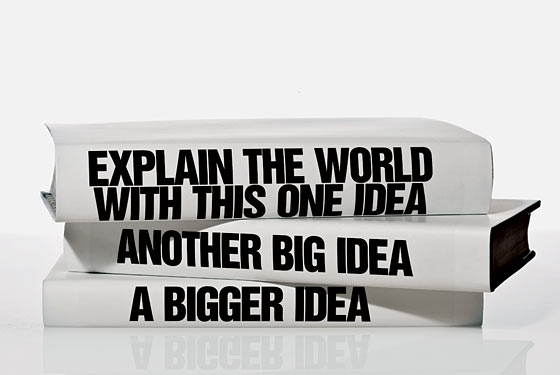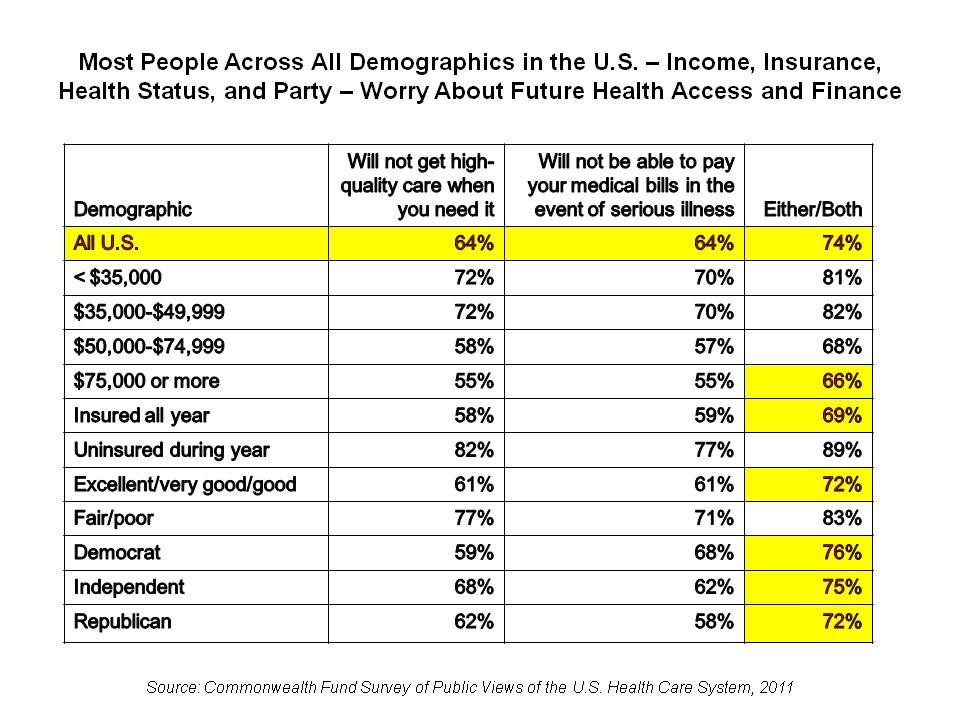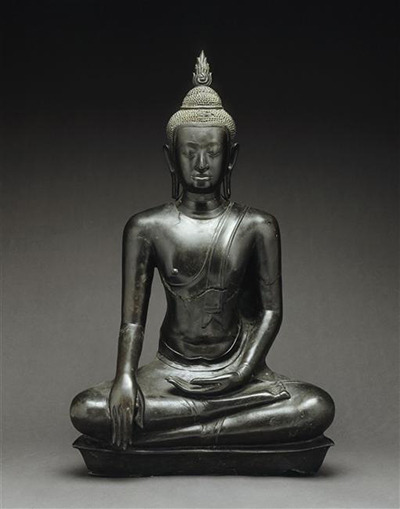This is a quarterly email newsletter with ideas, cool links, book
recommendations and a personal update.
******
Read time: 2 minutes
******
-------------------------------
IDEAS
-------------------------------
1. Are you an Apple or PC person? And what does it mean if you're
both?
I wonder what Leonardo da Vinci would have chosen. It's the
ultimate modern debate between design and function. What I love
most about this rivalry though is the awareness it builds about how
aesthetic and usability blend together.
creative imagery affects us daily: "when the functional rises above
itself, when the everyday becomes celebratory, we become more
human." Examples abound:
hotspots just from pictures taken by each group.
in an easily comparable fashion.
entirely of words from a dissertation.
2. What's the cure for procrastination?
First, are you sure you want to cure it, considering
procrastination may be telling you that something really isn't
worth doing? We deal with task overload daily and often blame
ourselves for not doing enough. When something stays on my to-do
list for weeks though, I wonder if I'm truly too busy or if I'm
subconsciously avoiding it because it doesn't matter to me.
Curing it is a mix of setting deadlines and tackling tasks
"Since open-ended tasks with distant deadlines are much easier to
postpone than focussed, short-term projects, dividing projects into
smaller, more defined sections helps."
the time allotted", this is how to get work done fast!
by offering a visual of continuity across consecutive days instead
of months.
the procrastination problem.
-------------------------------
BOOKS
-------------------------------
In search of a book that would help me articulate my thoughts and
ideas better in conversation and on paper, I found Made to Stick.
The authors are natural storytellers that lead by example and keep
you turning pages. It's a book you'll come back to time and again.
It's sticky, I guess.
Written by my friend, Josh, this tome of business knowledge is
hefty in the topics it covers and yet somehow it's encapsulated in
a small reference-like volume that reads like a novel. I finished
it in 3 hours. Skip b-school and learn it here. It's exactly why he
wrote it.
I would put this in the category of philosophy that you can play
with, feel, work through. The entire book is a transcription of
various Q&A sessions with people who come to debate life issues
with Maharaj. Easy to read little bits at a time, it's experientially
rewarding because you can easily practice the message.
-------------------------------
CONNECT
-------------------------------
-------------------------------
PERSONAL UPDATE
-------------------------------
I recently took a trip to Istanbul that was a mix of catching up on
sleep and discovering a secular Islamic culture. Ever since Ataturk
made Turkey into a secular state in 1923, there have been major
debates about the ban of headscarves and the consumption of alcohol.
I saw a provocative video fixture at the Istanbul Modern Art
Museum, discussing the right of women to wear headscarves if they
wanted. Also, alcohol was taxed so heavily that sometimes a glass
of wine cost twice as much as the entree!
The interplay between the two sides in daily life was remarkable to
see. I highly recommend it for history buffs.
I'd love to hear about what's going in your life, so drop me an
email when you get a chance.
All the best,




